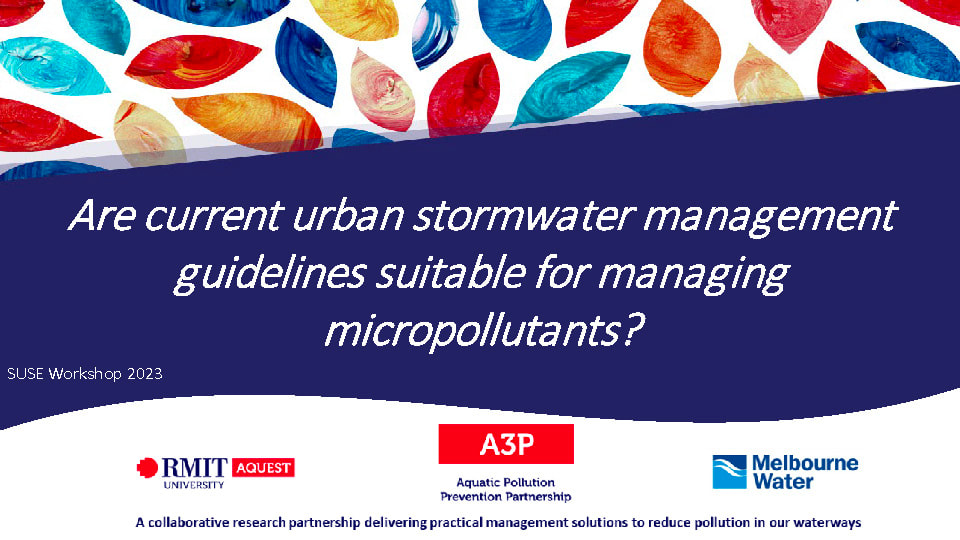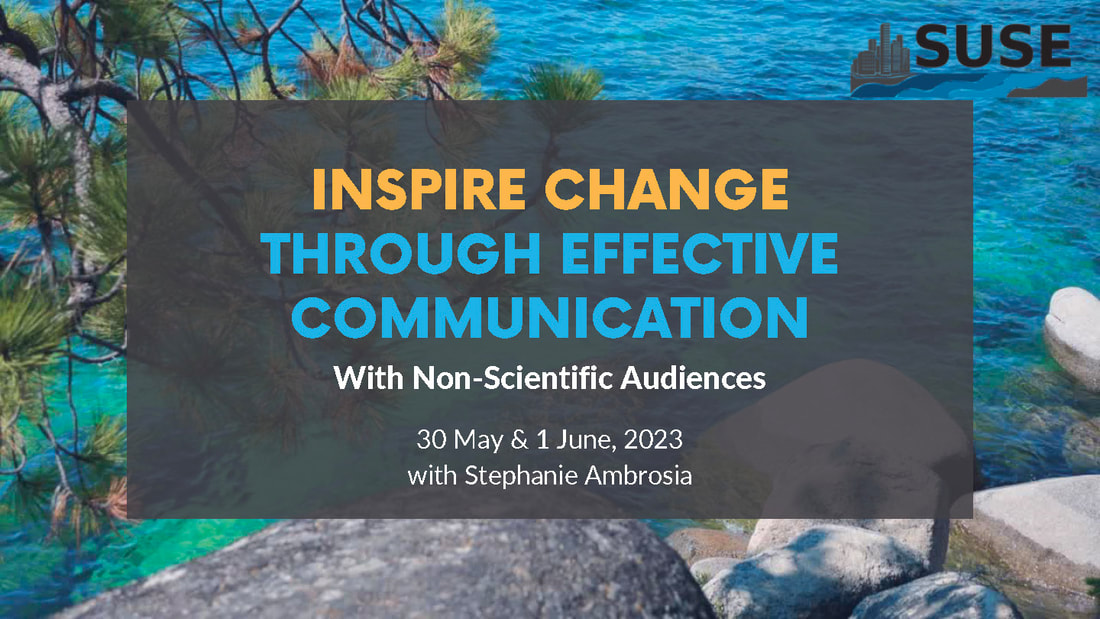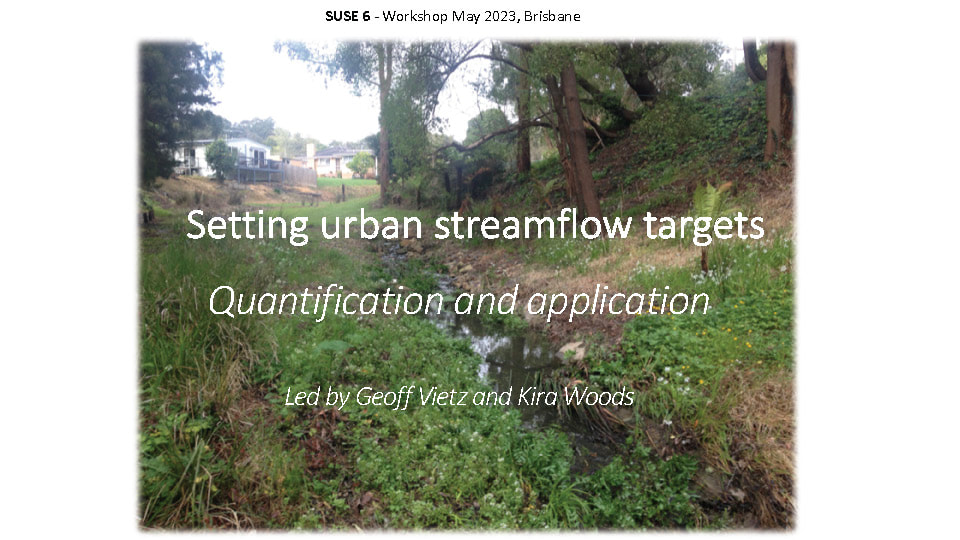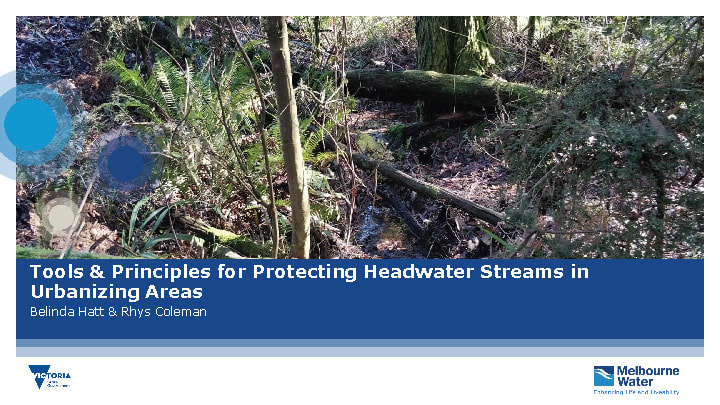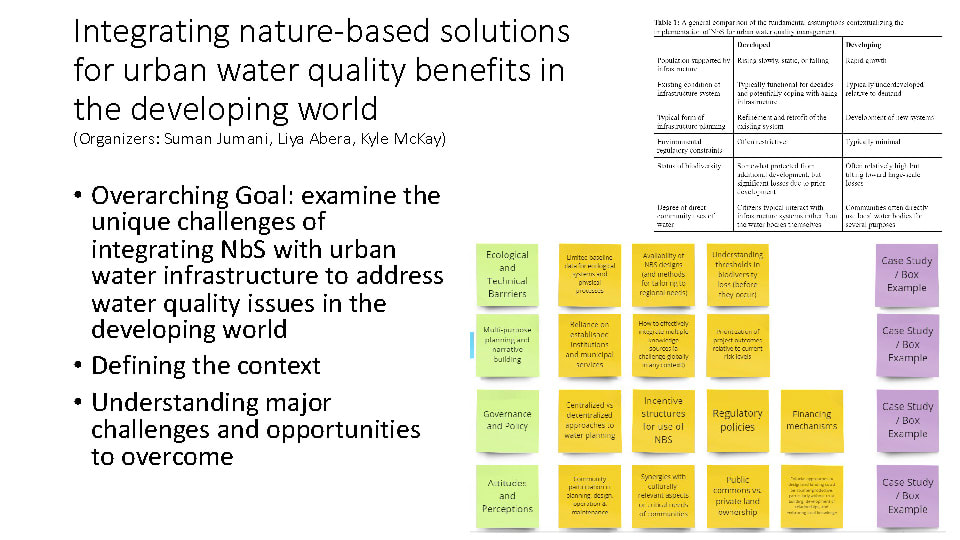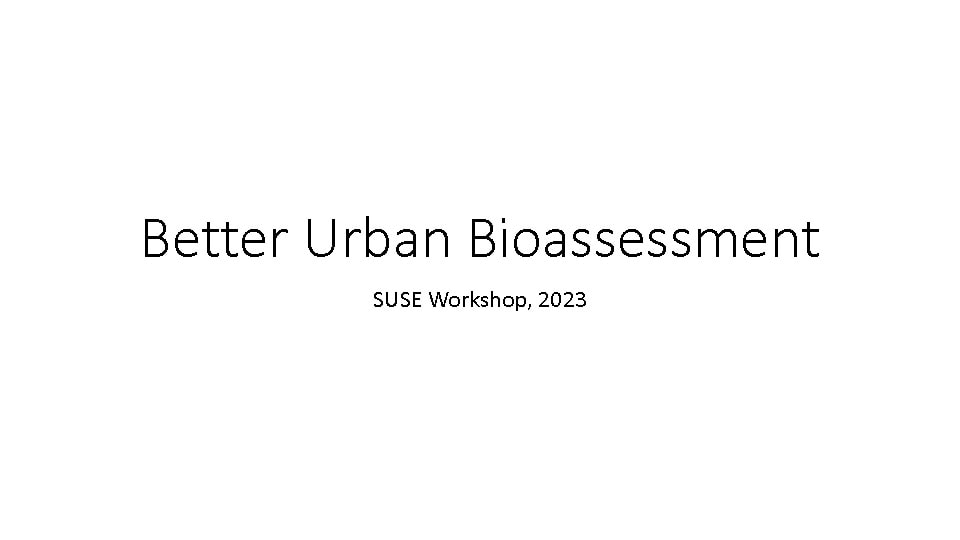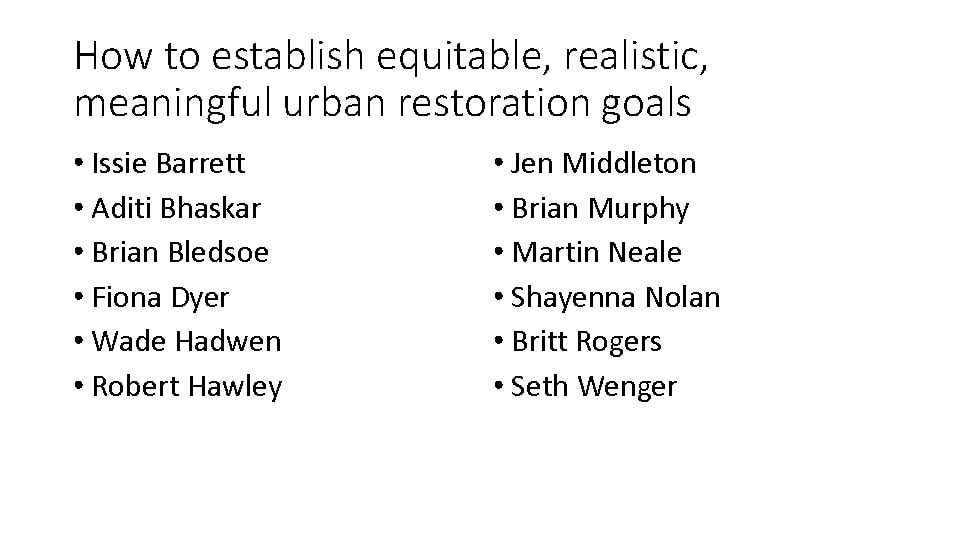SUSE 6
29 May – 1 June 2023
Queensland University of Technology, Brisbane, Australia
-On the unceded lands of the Turrbal and Yagara people-
The workshops at SUSE6 were an opportunity to explore a topic in depth and collaboratively. Following the group work sessions, workshop leaders reported out to the full group of SUSE6 participants about their topic. Explore these reports below!
Proudly powered by Weebly

